Born in New York City in 1935, Peter Paine grew up in Willsboro, NY and studied at Princeton before going to Oxford to read for a second BA in jurisprudence. He went on to Harvard Law School before practising law in the UK, the US and in France. Paine and his family have made important contributions to land conservation in the Adirondacks and he also continues to be involved in many other philanthropic projects, including as President of the American Friends of Christ Church. This narrative is excerpted and edited from an interview with the Rhodes Trust on 5 March 2024.
Peter S. Paine Jr.
New York & Christ Church 1957
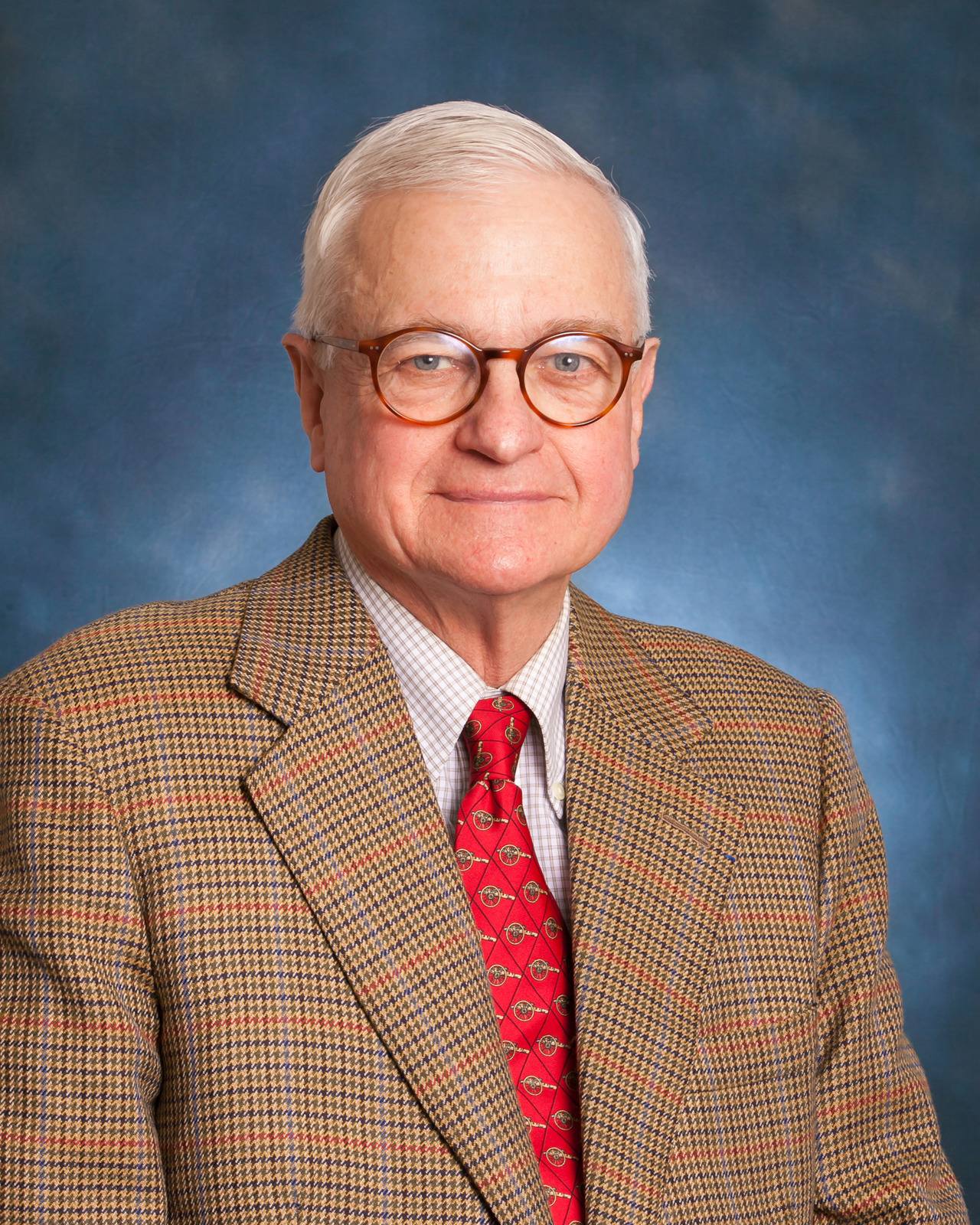
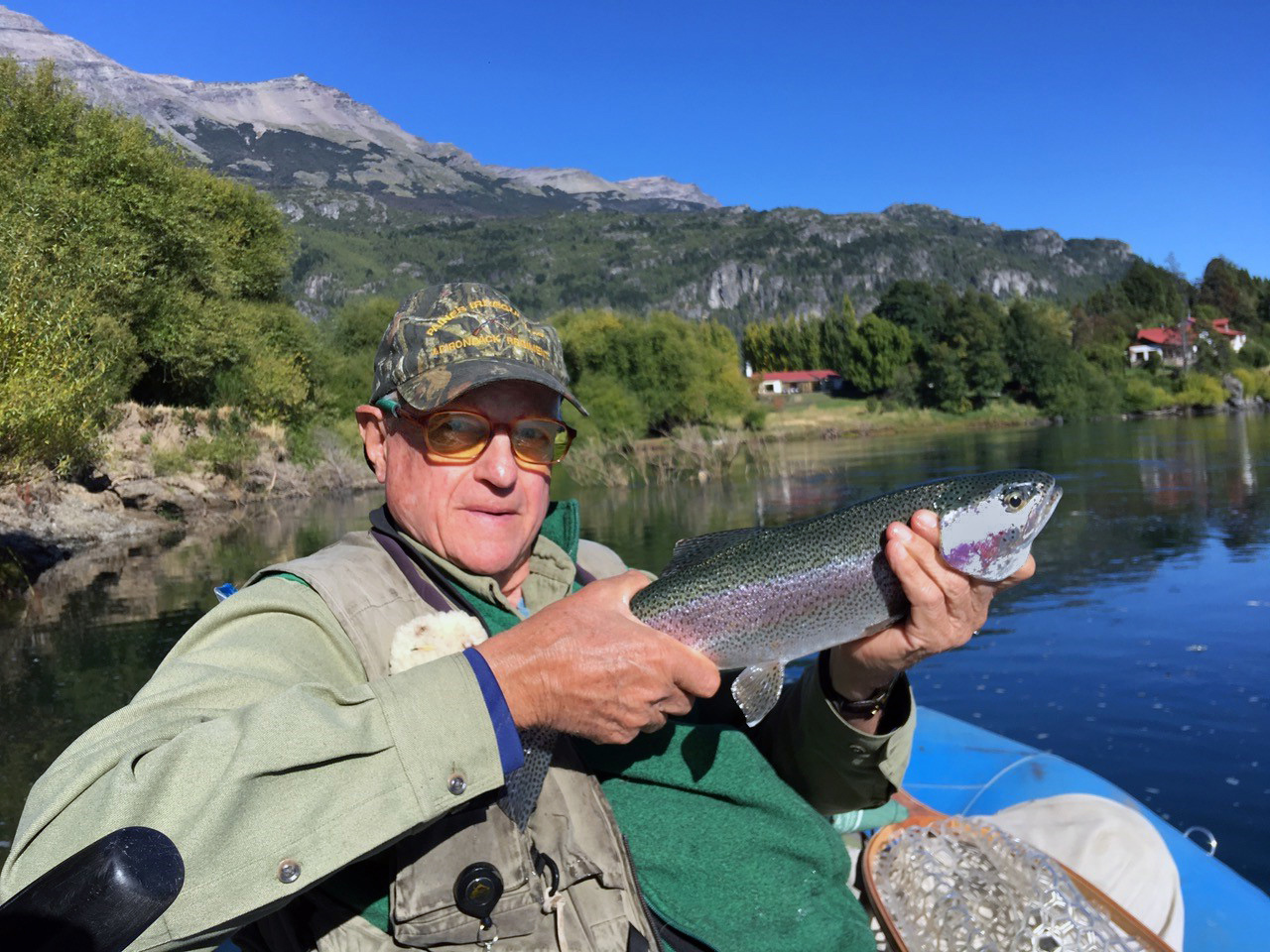
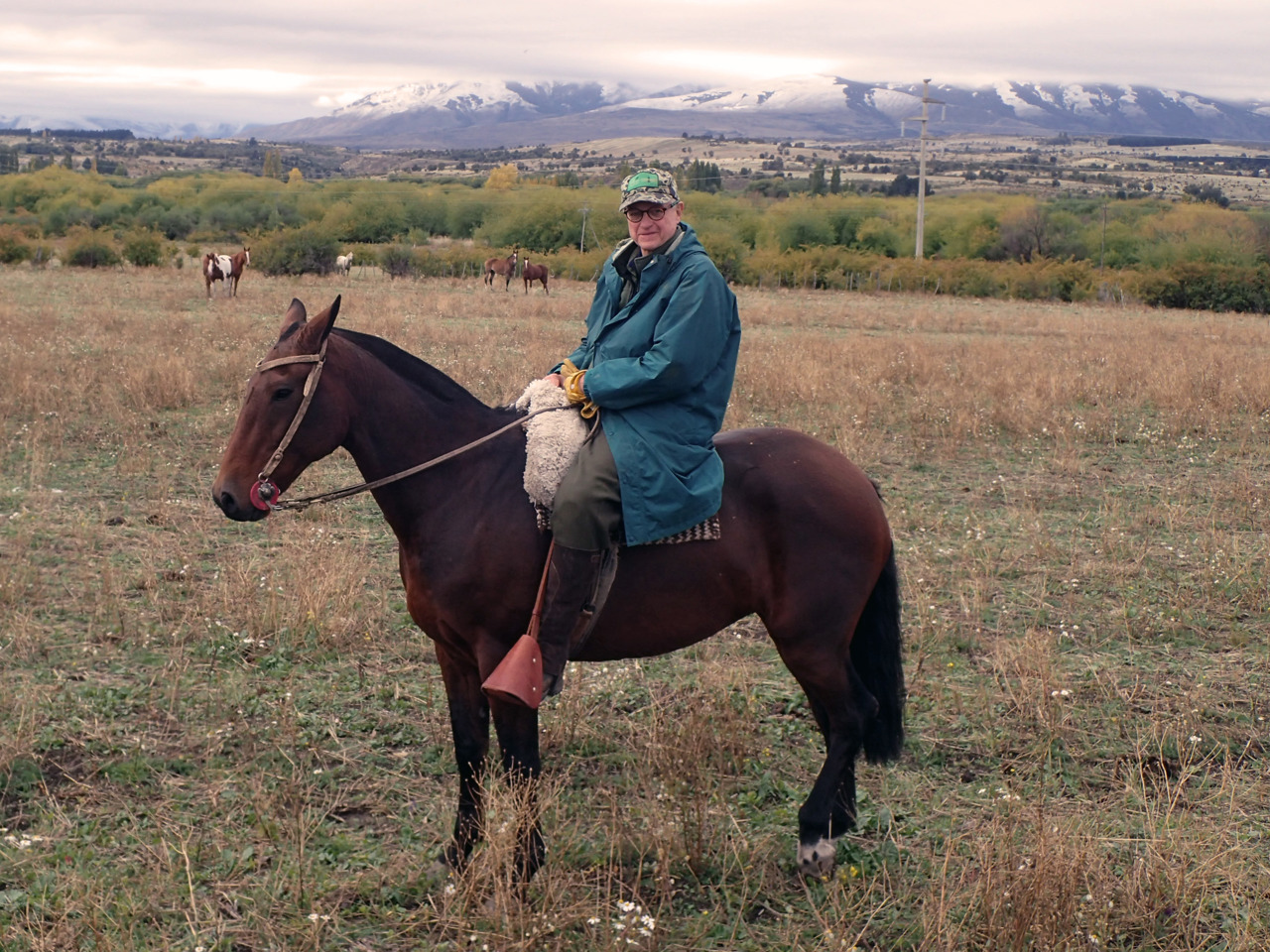
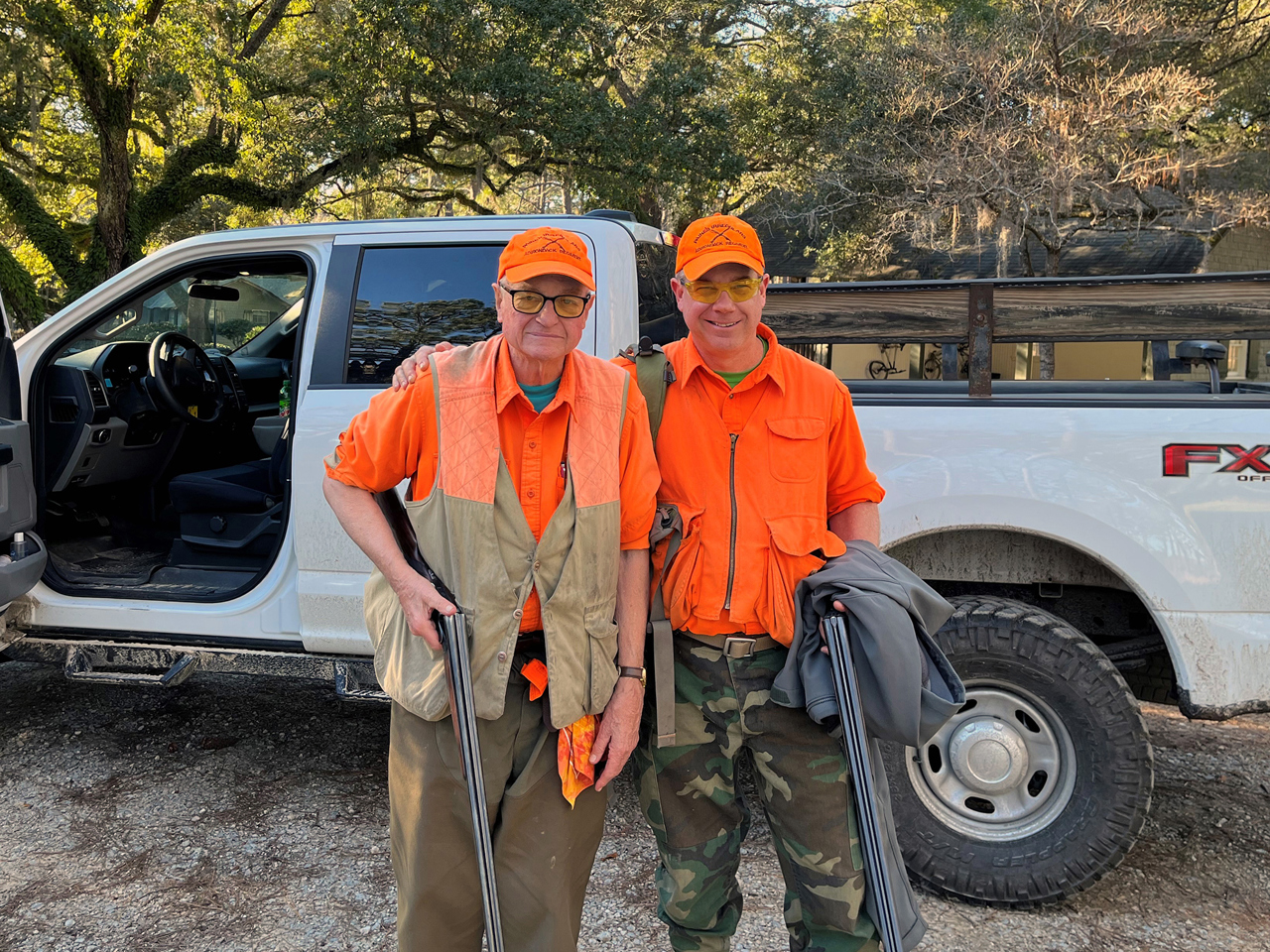
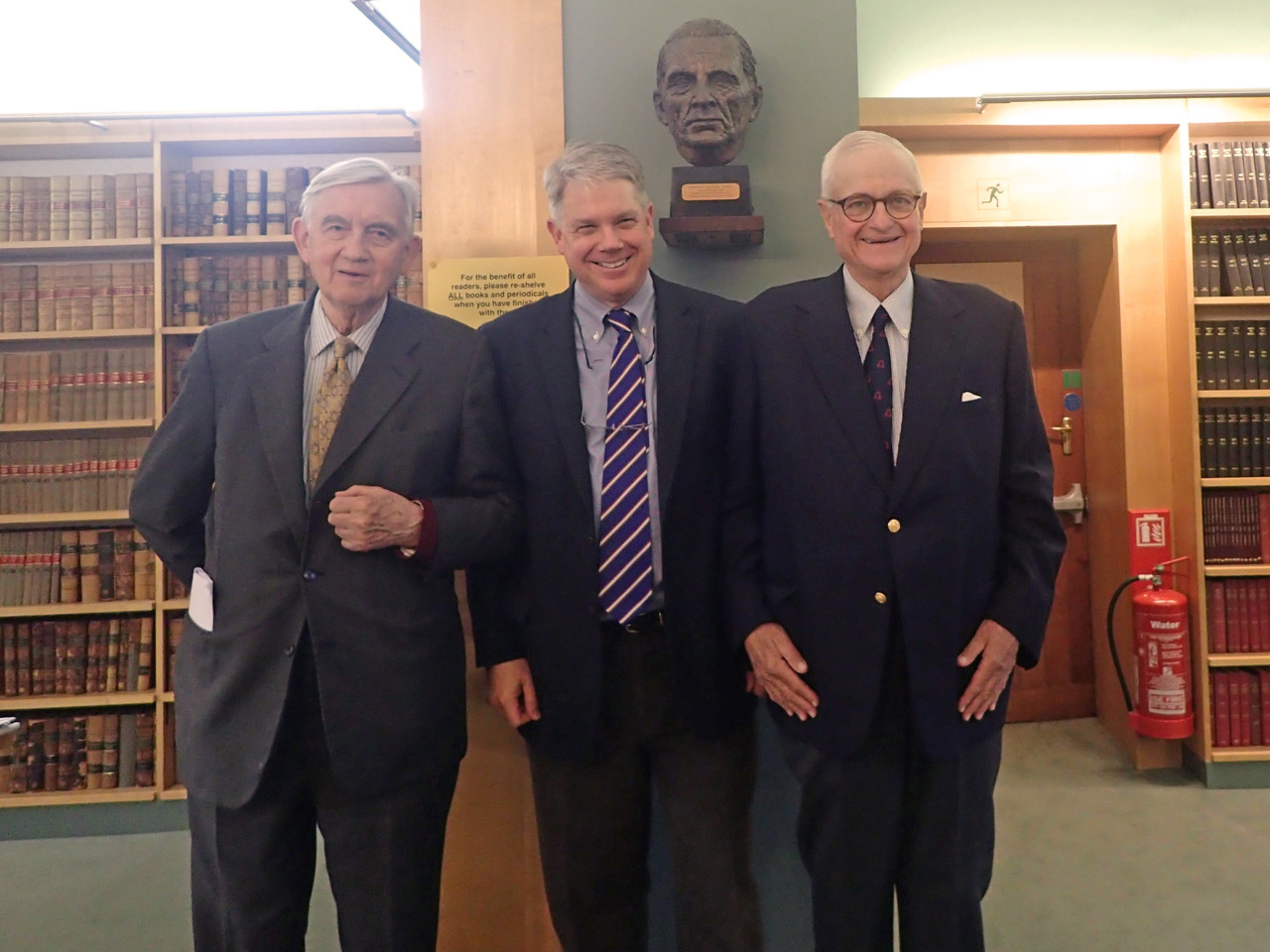
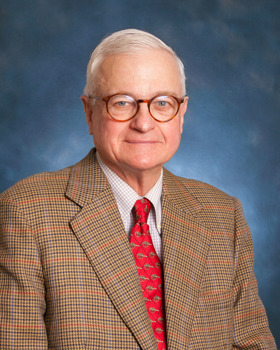
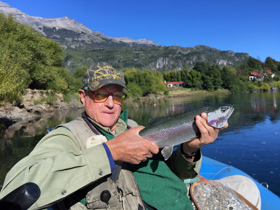
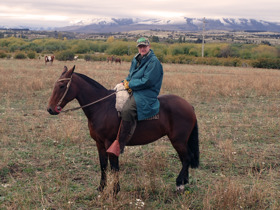
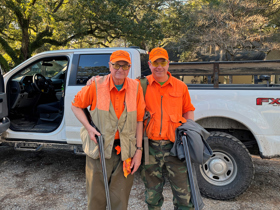
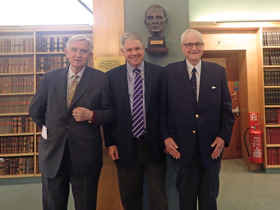
‘My real, emotional home’
From very early times, my real, emotional home has been Willsboro, New York, and I still live here with my family. My grandfather came here in 1885 when he was 19, to take over the management of a pulp mill that my great grandfather had acquired. My grandfather founded Champlain National Bank – of which I’m now Chairman – in 1921 and he also built the Willsboro golf course and founded the Paine Memorial Free Library downtown.
My father was an avid trout fisherman, and we were also bird hunters, and we have always had horses, which we ride. The hunting and fishing and love of the outdoors was ingrained in me from the very beginning. I went to Buckley School in New York City and then on to St. Paul’s school in Concord, New Hampshire. It was restrictive there, but my class was also very fortunate in that the school was beginning to experiment with the seminar method of teaching. It ended up being a very stimulating experience, and I got into Princeton with advanced standing. Princeton at that time was still a relatively rural community, and it was a great place to be.
On applying for the Rhodes Scholarship
My father had also been at Princeton, and Lewis Van Dusen (Pennsylvania & New College 1933) was a classmate of and his and had been a Rhodes Scholar. He was the one who encouraged me to apply for the Scholarship. I couldn’t claim any particular athletic distinction, but I thought I might fit the other criteria – academically brilliant and ready for the world’s fight.
I remember ringing up another friend of the family who was a professor at Trinity College, Cambridge, to ask for his advice about where I should study, because I’d also been offered a Marshall Scholarship. When I told him that I had been offered a Rhodes, he said, ‘A Rhodes Scholarship. What’s that?’ He told me to call him back in a week, and when I did, he said he thought I should decline the Rhodes. I said, ‘I can’t do that. My father won’t let me!’ He said, ‘Well then, there’s only place to go in Oxford, Christ Church. I understand there is a very good young law tutor, Teddy Burn, who recently arrived.’
‘The importance of the tutorial system’
At Christ Church, Teddy Burn gave his pupils such care and attention that when a friend and I organised a retirement party for him in 1990, of his 430 former pupils, some 400 showed up, in person.
My son also went to Christ Church – not on a Rhodes, on a Paine Scholarship – and he studied law under Teddy Burn too. Peter got a very respectable 2:1 degree and during a family visit, Teddy commented to me upon Peter’s results and then he said, with a twinkle, to me – and my wife – ‘Would you like to see your results? I throw nothing away.’ And so, we did a compare and contrast and then, at the end of the session, he turned to young Peter and said, ‘I hope you won’t be offended if I say that I think your father is a touch brighter than you are. You worked a great deal harder. He spent too much time on the back of a horse.’
To me, that is symbolic of the importance of the tutorial system in Oxford and the role that tutors played in our lives.
Oxford by Horseback and Ice Hockey
The second day I was at Oxford, I met Ed Cazalet, now Sir Edward Cazalet, a retired High Court judge, who became a great friend. He said, ‘I understand you’re a Yank who wants to ride.’ I said ‘Yes,’ and before I knew it, he was driving me out to Bicester and I was buying a horse. I followed Ed as the joint master of the Oxford University Draghounds. It was the best exposure to the English countryside, and I had a chance to really get to know a section of England that very few people would have done.
I also played on the Oxford ice hockey team. I had a wonderful time doing that, and it was also a great chance to travel in Europe, because we went off during the vacations together, playing ice hockey in Germany and Switzerland, Italy and Yugoslavia and France, and I still keep up with some of my Canadian colleagues from the team. I also had great French friends and would spend summers in France, so that French connection was important and remains so to this day.
“Je n’accepte pas ta réponse”
There is no question that the Scholarship opened doors for me. I went back to Harvard Law School and then came back and passed the English bar. I also worked with Linklaters and Paines on the solicitor side. So, I had a very good exposure to English law, both from a barrister’s standpoint and from a solicitor’s standpoint.
After my time in London, I came back to the US to work for Sullivan & Cromwell, and they sent me to their Paris office. A friend who was also in France invited me to join him going hunting with the Peugeot family and I became a partner in the Peugeot family chase. Then, when I’d moved to work at Cleary Gottlieb, I had a call from Pierre Peugeot. Peugeot was involved in a difficult legal case and wanted a second opinion. I clearly gave it, and they were able to settle. Then Pierre called me up and said, ‘I want you to become our lawyer,’ and I said, ‘I don’t want to do that, because we are friends and, you know, lawyers can win and lose cases.’ He was a very soft-spoken man, and he called me back a couple of days later and he said, ‘Je n’accepte pas ta réponse,’ ‘I’m not accepting your response. Get on a plane. I want to see you.’ That’s how I became their lawyer, and Peugeot was one of the largest clients of the firm. It was wonderful, because you got everything: distribution law, products liability law. There was a big international tax case too. I mean, it was a very variegated sort of practice.
‘It’s been important to me to give back’
Alongside my legal work, land conservation has also been very significant to me and to my family. In 1978, the Paine family gave a conservation easement to the Nature Conservancy for the 1000 acres of land here that had by that time been acquired by the mill or by the family. I hadn’t had any involvement with the Adirondacks, but Laurance Rockefeller had proposed the creation of a national park in the central 40% or so of the Adirondacks and met a lot of opposition. I knew some of the people involved and was able to pass on their concerns. It wasn’t that the Rockefellers’ vision was the wrong one – what they have done for public land is absolutely astonishing – but it was a different vision from the one held by the environmental community.
So, that’s how I ended up on the Temporary Study Commission and ultimately on the Adirondack Park Agency. I chaired the legal committee for the 25 years that I was on the Park Agency, and that got me very interested in land conservation, because the Adirondacks is a curious mixture. It’s not one bloc of solid land. If you’ve ever looked at the map, you’ve got scatterings of ownership of public and private land, and that’s what led us to give this conservation easement.
‘My sense is that I was a lucky guy’
I’m extremely proud to have been at Oxford, and my connection with Oxford and with Christ Church remains very meaningful to me. I am President of the American Friends of Christ Church, and my son is also involved with our work. At the moment, we’re raising funds to endow in perpetuity the fellowship that was held by Teddy Burn.
Princeton’s unofficial motto used to be, ‘Princeton in the nation’s service.’ Now it’s ‘in the nation’s service and in the service of humanity.’ And, of course, the motto of the Rhodes is ‘Fighting the world’s fight.’ So, I wanted to do something more than just have a good job and a family and earn money. I mean, I’ve had all the above, but my sense is that I was a lucky guy to be born in the circumstances I was born in and educated the way I was educated. I want to give back to humanity for what I was blessed to have. So much about the Rhodes Scholarship has changed, and for the better – not least, of course, the admission of women and the spread of the Scholarships across the globe. But the world is certainly a much more difficult place than it was when I was a Scholar, and so, that underlying vision of putting your brains and your ability to work to benefit mankind is, if anything, more important today than it was in my time.
